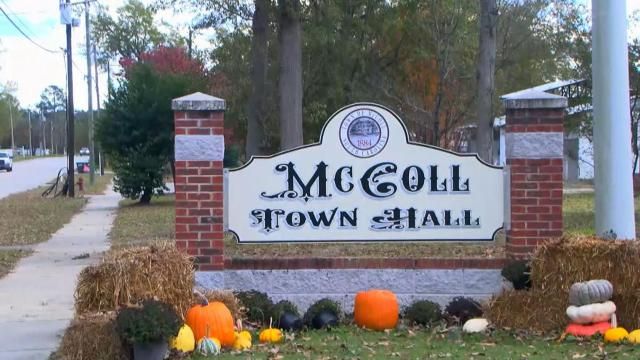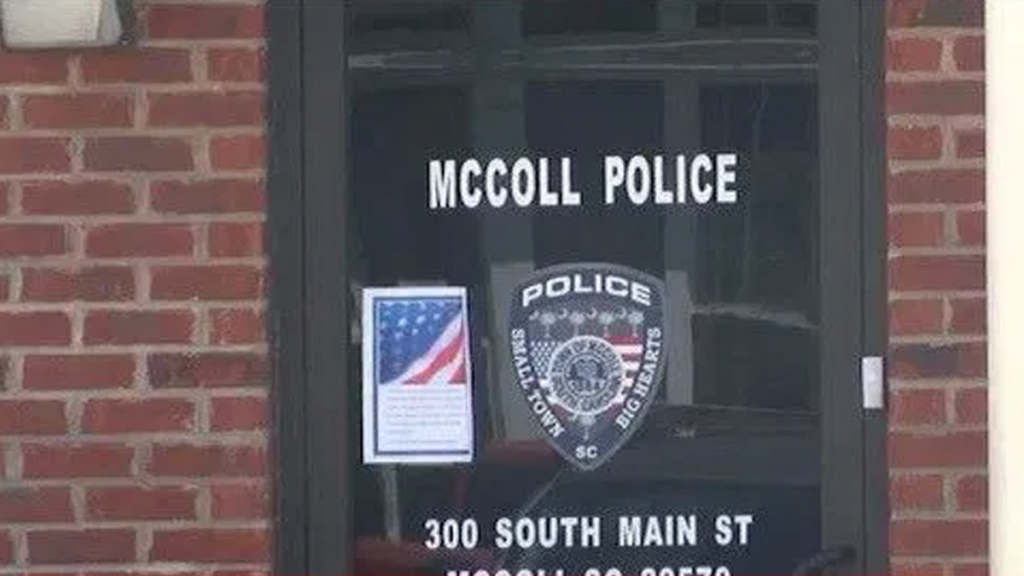The entire police force of McColl, South Carolina, has resigned en masse, leaving the rural town of 2,000 residents dependent on county law enforcement after Police Chief Bob Hale and his four officers quit, citing alleged harassment from a town council member and chronic underfunding.

Hale, who served less than 18 months as chief after his June 2023 appointment, detailed his grievances in a lengthy Facebook post, describing “repeated acts of harassment, personal attacks on my character, and the overall creation of a hostile work environment perpetuated by a specific councilman.” The chief declined to identify the council member in question.
“For months, I have endured unwarranted and malicious behavior aimed at undermining my integrity and leadership,” Hale wrote, adding that budget cuts by the same unnamed council member left “critical needs unmet” in the department.
The exodus unfolded in stages, according to Mayor George Garner. Hale submitted his formal resignation on October 31, accompanied by one officer’s departure the same day. The remaining three officers followed suit on November 14, completely depleting the town’s law enforcement capacity.
Garner expressed surprise at the public nature of Hale’s complaints, acknowledging previous professional disputes between the police department and the councilman but insisting these had been resolved. “We addressed it. We thought that we all came to an agreement to let bygones be bygones. Apologies were made and accepted, and I thought everything was fine,” Garner told The Post and Courier.

The mass resignation highlights deeper institutional challenges within McColl’s law enforcement. The department has experienced remarkable turnover, cycling through six police chiefs in just four years. “It takes a special person to work here in McColl,” Garner noted, pointing to the unique challenges of policing in the small community.
Council member Harry Benjamin expressed shock at the departures, telling local station WBTW News 13 that he was unaware which colleague Hale’s allegations targeted. The remaining five council members have maintained public silence on the situation.
In the interim, the Marlboro Country Sheriff’s Office and State Law Enforcement Division will handle emergency calls for the community. Mayor Garner expressed confidence in filling the vacancies, noting that applications for the chief position are already being accepted at town hall.
The situation in McColl reflects broader challenges facing small-town law enforcement agencies, where limited budgets, political tensions, and recruitment difficulties often intersect. The department’s frequent leadership changes suggest systemic issues that predate the current crisis.

Hale’s lengthy social media statement revealed that much of his tenure was consumed by defending his officers against what he termed “numerous falsehoods.” Despite the acrimonious departure, he expressed hope that McColl would “address these challenges, prioritize ethical leadership, and create an environment where those in public service can perform their duties free from undue interference and hostility.”
The town’s experience mirrors similar situations in other small American communities, where the delicate balance between local government oversight and law enforcement autonomy can quickly unravel, leaving municipalities scrambling to maintain basic public safety services.



